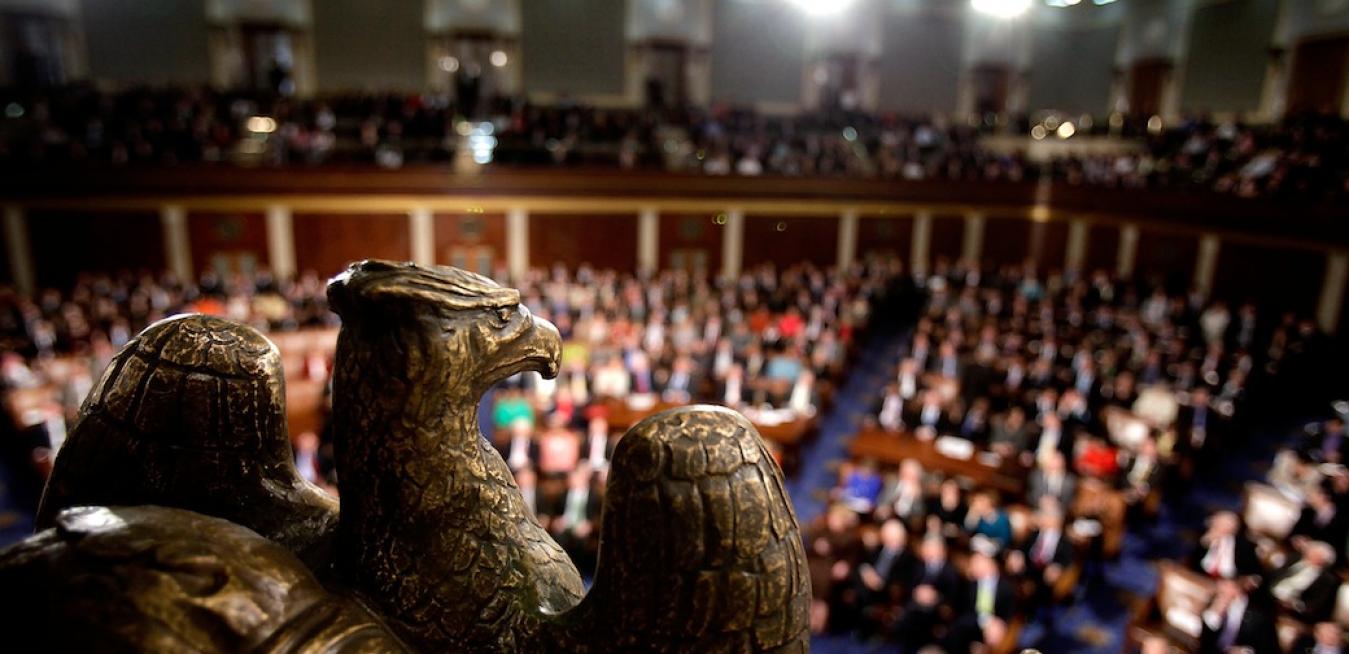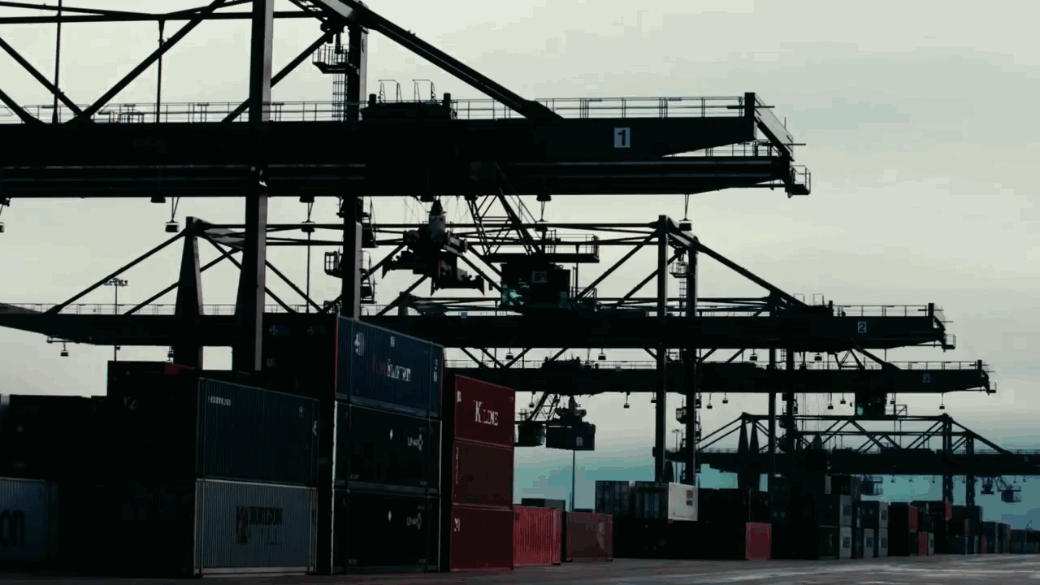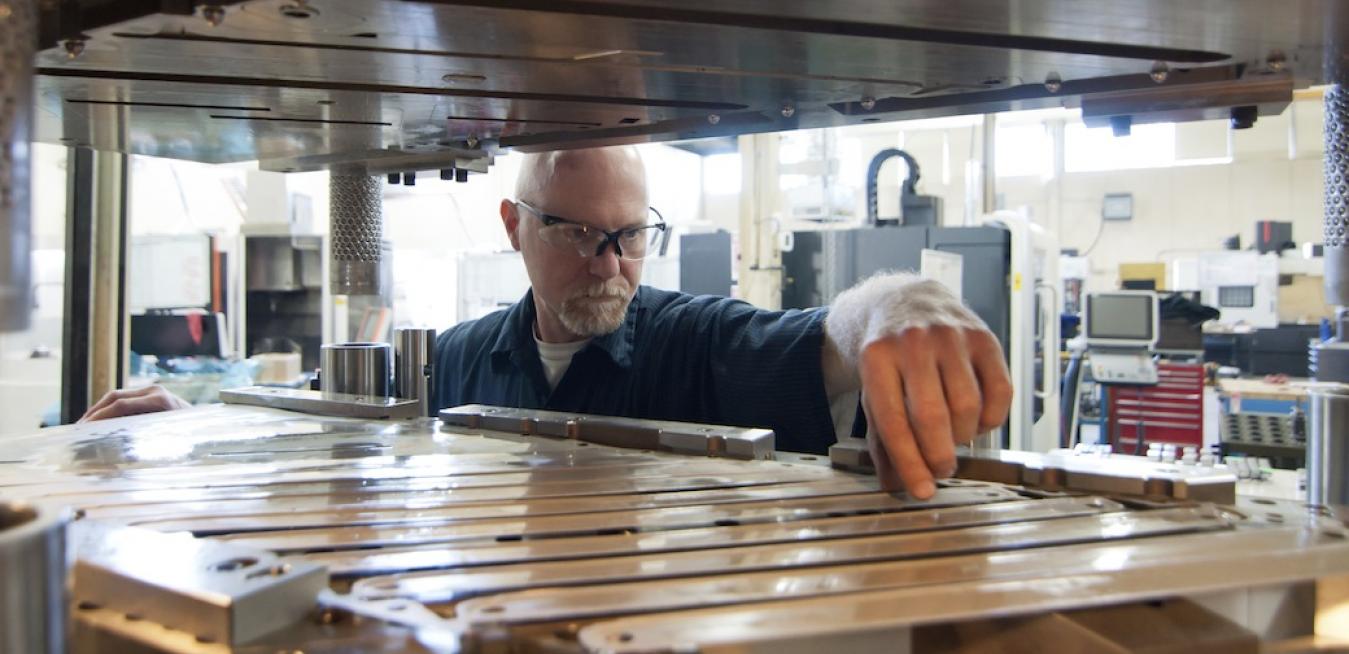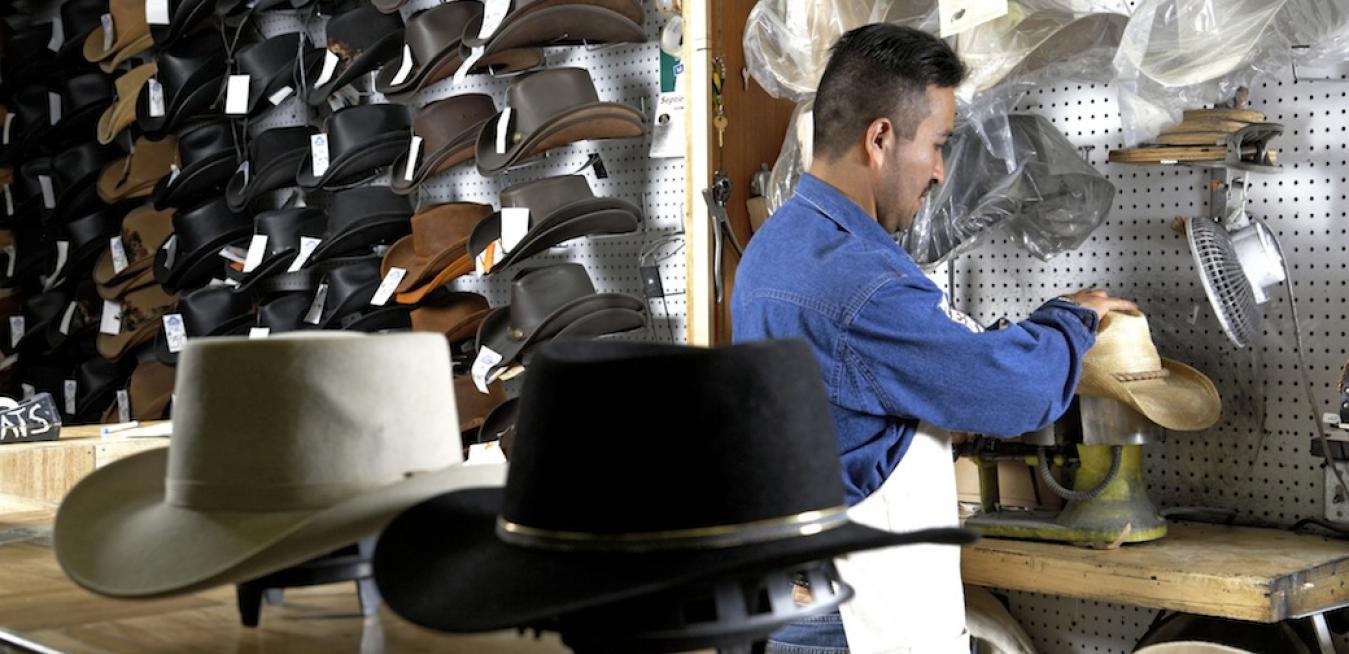Trade policy signals a country’s ability to engage with the world and to lead.
A debate over free trade is looming in Washington and will have a major impact on our country’s economic growth strategy moving forward. The issue has already drawn attention because it’s an area where the Republican majority in the Senate may actually help President Obama, whose trade policies have more vocal support among Republicans than Democrats.
African economies can seize the opportunity to play a bigger role on the global stage, but success hinges on an improving climate for trade and doing business.
As world trade and investment have increasingly become organized around “value chains” — production lines that cross borders — Africa has struggled to reap the benefits of this trend, even as Asian and Latin American countries churned out cars, microchips and textiles for consumers across the globe.
With debate about trade heating up in Congress, the inevitable list of rumors and speculation about the potential negative fallout has begun. These rumors are overblown.
The Ex-Im Bank and Trade Promotion Authority are essential for U.S. global competitiveness. Congress and the administration need to recognize it, and act.
The Ex-Im Bank is a crucial tool to ensure small businesses can compete to sell their goods overseas, supporting high-paying jobs. Reauthorization should be a no-brainer.
Of all the problems confronting the U.S. economy today, exporting too much isn’t one of them. In fact, one problem America faces is that it exports too little.
By providing financing for exports when private banks won’t, the Export-Import Bank helps small businesses in every state reach overseas customers. That means higher-paying jobs at home.
The Export-Import Bank isn’t your typical bank. The independent, self-sustaining agency functions as a key engine of job creation across America.
U.S. factory workers see brighter prospects, higher pay thanks to trade.
On real “Main Streets” across America, from Idaho to California to Maine, the Ex-Im Bank supports U.S. jobs.
On Main Streets across America, small businesses are a critical source of economic growth and good jobs. Over the past two decades, entrepreneurs and small firms have generated an astounding 65 percent of America’s net new jobs. Small businesses that export drive even greater growth.
Since NAFTA, U.S. trade agreements have improved the U.S. balance of trade in goods with 13 out of the 17 countries involved. That bodes well for higher-standard deals like the Trans-Pacific Partnership.
Do you have to like NAFTA to want a trade deal with Asia?
Trade skeptics contend that past trade agreements failed to deliver, and they point to NAFTA as an agreement that changed our trade balance with Mexico from one of surpluses to one of deficits.














